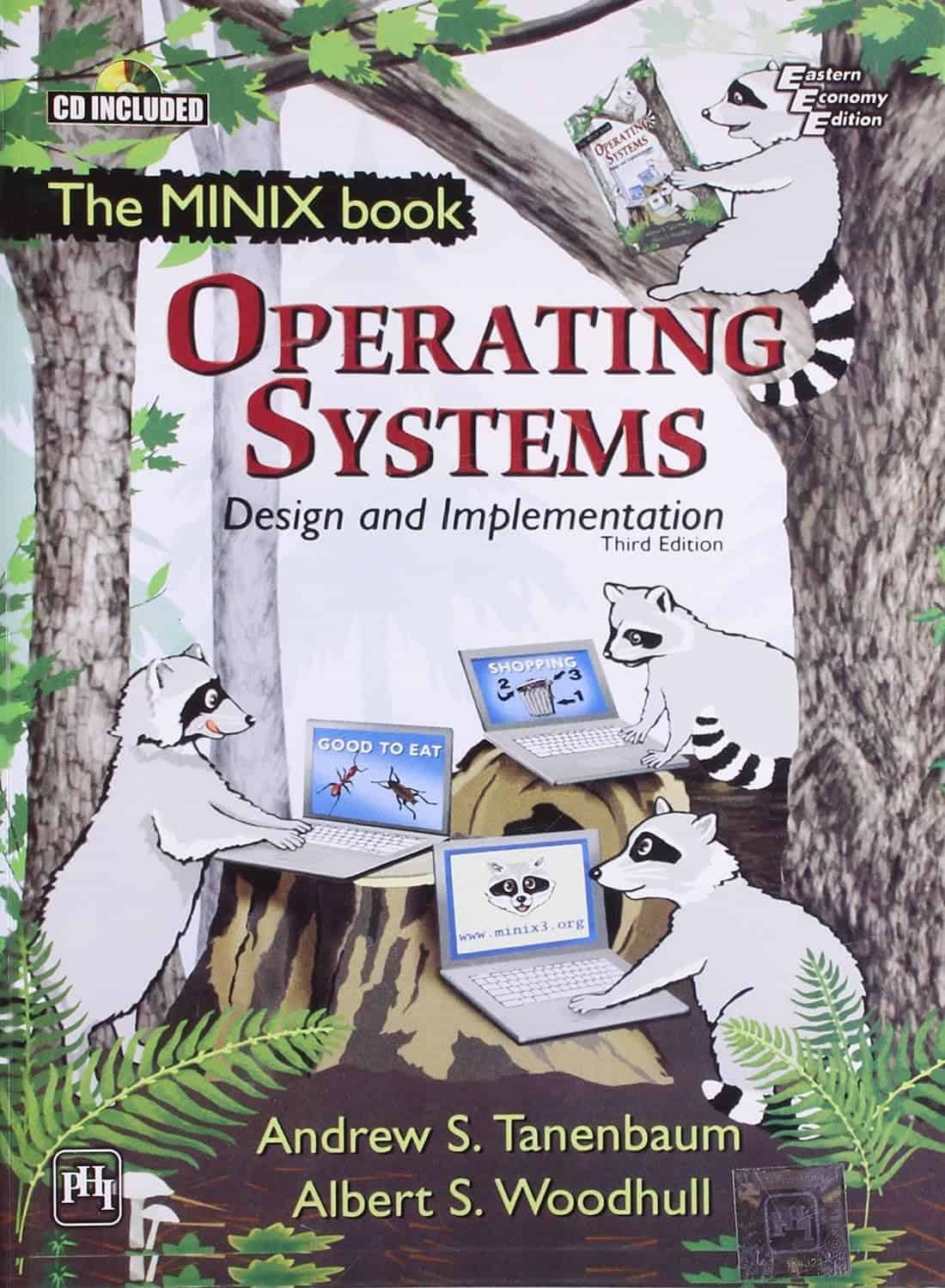
Emeritus professor at VU Amsterdam, Andrew Tanenbaum, receives the prestigious ACM Software System Award for MINIX. This groundbreaking operating system, originally developed for educational purposes, has been applied in the most unexpected places. Tanenbaum’s creation not only inspired Linus Torvalds to create Linux but also influenced generations of students and operating system designers. The recognition underscores MINIX’s lasting impact on the world of computer technology.

The Impact of MINIX
MINIX was developed in 1987 by Andrew Tanenbaum as an educational tool for his textbook “Operating Systems: Design and Implementation.” This microkernel-based UNIX operating system contained approximately 12,000 lines of code and was intended to teach students the principles of operating systems. MINIX served as an inspiration for Linus Torvalds to create Linux, motivated by the initial restrictions of MINIX’s copyright, which hindered the free sharing of modifications.
Applications of MINIX
In addition to its educational purpose, MINIX has found its way into commercial applications. Intel uses MINIX 3, the version launched in 2005, as the operating system for the integrated Management Engine in their processors. As a result, MINIX is present in most modern Intel-based computers. MINIX 3 is designed as a true microkernel UNIX-like operating system, suitable for computers with limited resources and applications requiring high reliability.
Recognition and achievements
The ACM Software System Award, accompanied by a cash prize of $35,000, recognizes individuals or teams who have developed a software system with a lasting impact. Andrew Tanenbaum receives this award for his work on MINIX. This award emphasizes MINIX’s significant contributions to the principles of operating systems and its influence on other widely used operating systems, including Linux.
Tanenbaum’s career and contributions
Andrew Tanenbaum, born on March 16, 1944, in New York City, is an emeritus professor of computer science at the Vrije Universiteit Amsterdam. He has written several standard textbooks and founded the influential website Electoral-vote.com. His work in distributed systems and operating systems has earned him numerous awards, including fellowships with the ACM and IEEE, and membership in the Royal Netherlands Academy of Arts and Sciences.

Debate and development
Tanenbaum’s critical stance towards the monolithic design of Linux led to a famous discussion with Linus Torvalds on Usenet in 1991, titled “Linux is Obsolete.” Despite this criticism, the debate played a crucial role in the further development of both operating systems. While MINIX focused on simplicity and educational purposes, Linux grew into the most successful open-source operating system, now used in a wide range of devices, from cloud servers to mobile phones.
Future of MINIX
Although the development of MINIX 3 has slowed since 2018, the system’s influence remains palpable. The choice to distribute MINIX under the BSD license has allowed companies like Intel to use it freely without the obligation to share source code changes. This has contributed to the widespread acceptance and application of MINIX in commercial products.

